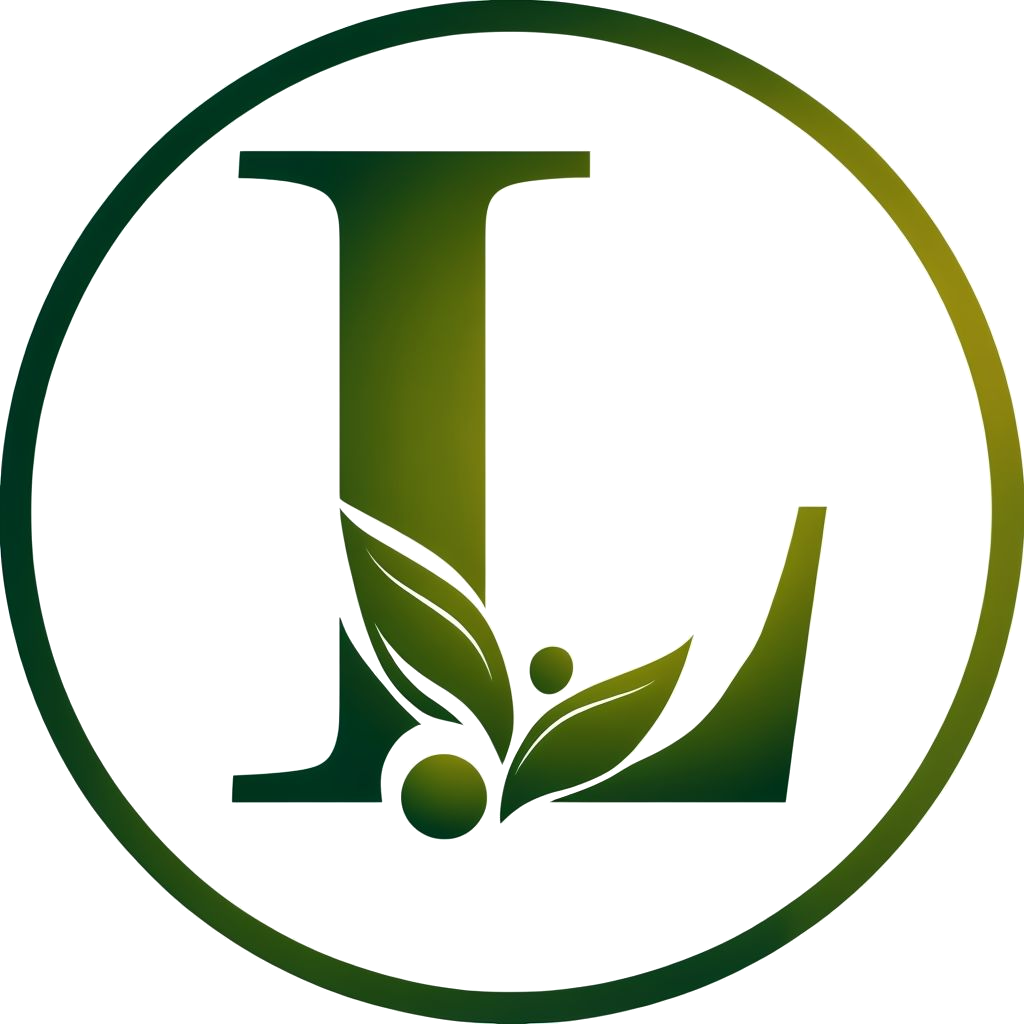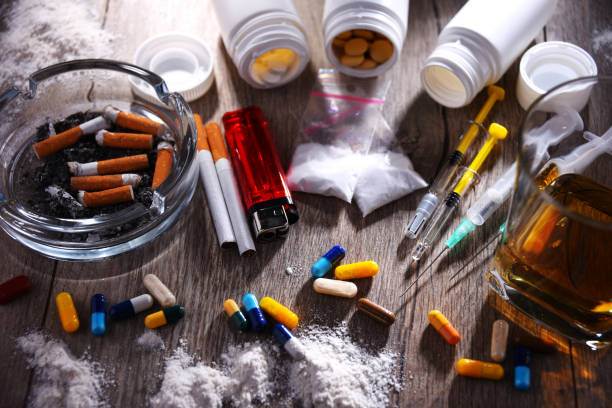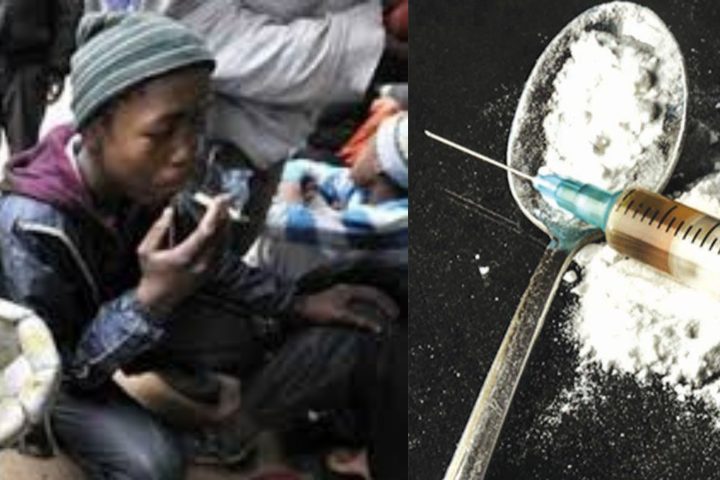Introduction
In recent years, Nigeria has witnessed an alarming rise in the abuse of prescription and synthetic drugs—a silent epidemic threatening the nation’s future. From Tramadol and codeine-based cough syrups to Rohypnol and methamphetamine (locally known as “mkpuru mmiri”), these substances are now the drugs of choice among many young Nigerians.
What makes this trend particularly disturbing is not just the increasing popularity of these substances, but how easily accessible and poorly regulated they are. With weak enforcement of drug laws and a growing black market, addiction is spreading like wildfire, especially among the youth.
1. The Trending Substances Fueling Addiction
Tramadol
Originally intended as a painkiller, Tramadol is now widely abused for its sedative and euphoric effects. Despite being a controlled drug, it is readily available on the streets and even in some unregulated pharmacies.
Codeine-Based Cough Syrups
These syrups, often mixed with soft drinks or alcohol, have become mainstays at parties and street gatherings. Their abuse surged dramatically after reports revealed their widespread misuse, particularly in Northern Nigeria.
Rohypnol (Flunitrazepam)
Nicknamed the “date rape drug,” Rohypnol is a powerful sedative that is now misused by youths for recreational purposes. It causes disorientation and memory loss, making it both dangerous and addictive.
Methamphetamine (“Mkpuru Mmiri”)
This highly addictive crystal-like drug has devastated communities in the Southeast. Its stimulant effects create a false sense of energy and confidence but ultimately destroy the mind and body.
2. Why Is Abuse Increasing?
a. Easy Access and Poor Regulation
Many of these drugs are supposed to be sold only with prescriptions, but in reality, they are widely available without any medical oversight. Street vendors, unlicensed chemists, and even some health professionals are contributing to the problem by selling these drugs for profit.
b. Lack of Awareness
Many young people are unaware of the long-term effects of these substances. The glorification of drug use in music and social media has only worsened the problem.
c. Economic Hardship and Unemployment
With limited opportunities, many youths turn to drugs as a means of escape. Tramadol and methamphetamine, for instance, are often used by commercial drivers, artisans, and even students to “enhance performance” or cope with stress.
d. Peer Pressure and Social Influence
In schools, streets, and online spaces, drug use is fast becoming a symbol of rebellion or status, leading many youths down a destructive path.
3. The Devastating Impact on Youths
- Mental Health Decline: Chronic use of synthetic and prescription drugs has led to a spike in mental health disorders, including psychosis, depression, and suicidal ideation.
- Physical Health Issues: From liver and kidney damage to brain malfunction, these drugs wreak havoc on the human body.
- Increased Crime Rates: Drug dependence often drives users to steal, join gangs, or engage in violence, contributing to social instability.
- Education Disruption: Many students drop out of school due to addiction or related issues, jeopardizing their future.
4. What Can Be Done?
Strengthen Drug Regulation
The National Agency for Food and Drug Administration and Control (NAFDAC) and the National Drug Law Enforcement Agency (NDLEA) must be empowered and held accountable for enforcing strict regulation of controlled substances.
Increase Awareness Campaigns
Schools, religious institutions, and communities should be involved in nationwide awareness programs on the dangers of drug abuse.
Introduce Youth-Focused Rehabilitation Programs
We need more youth-friendly rehab centers and support systems that address addiction as a health issue—not just a criminal offense.
Tighten Border Control
Many synthetic drugs are smuggled into Nigeria. Enhanced border surveillance and collaboration with international agencies are crucial.
Empower the Youth
Investing in skill acquisition, employment opportunities, and mental health services will give young people better alternatives than substance abuse.
Conclusion
The rising abuse of prescription and synthetic drugs like Tramadol, codeine-based cough syrups, Rohypnol, and mkpuru mmiri is not just a personal health crisis—it is a national emergency. Without urgent intervention, Nigeria risks losing an entire generation to addiction.
It’s time for community leaders, policymakers, educators, and families to unite in addressing the root causes, enforcing stricter regulations, and offering a lifeline to those already affected. The future of our youth—and our nation—depends on it.
Tags: #DrugAbuse #NigerianYouths #TramadolCrisis #CodeineAddiction #MkpuruMmiri #NDLEA #MentalHealthNigeria #YouthEmpowerment #SayNoToDrugs



